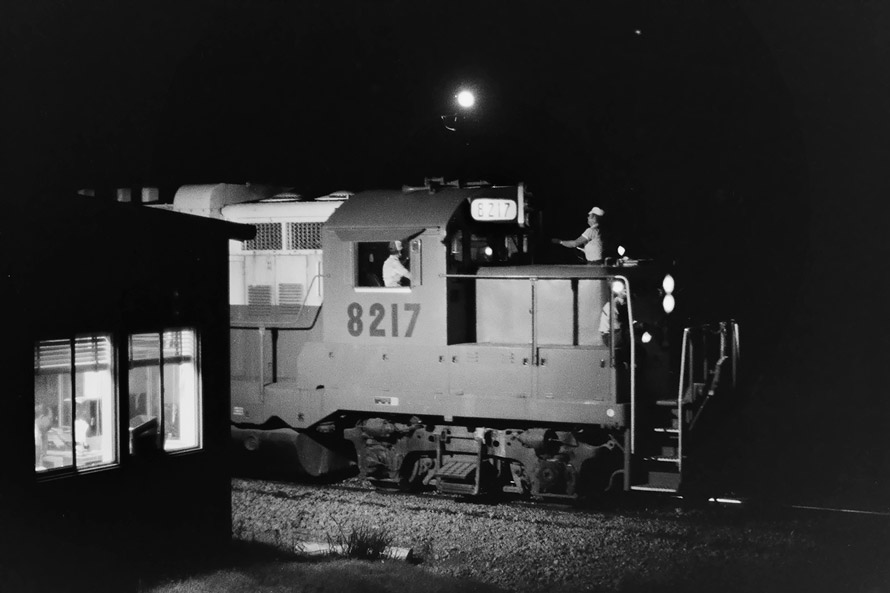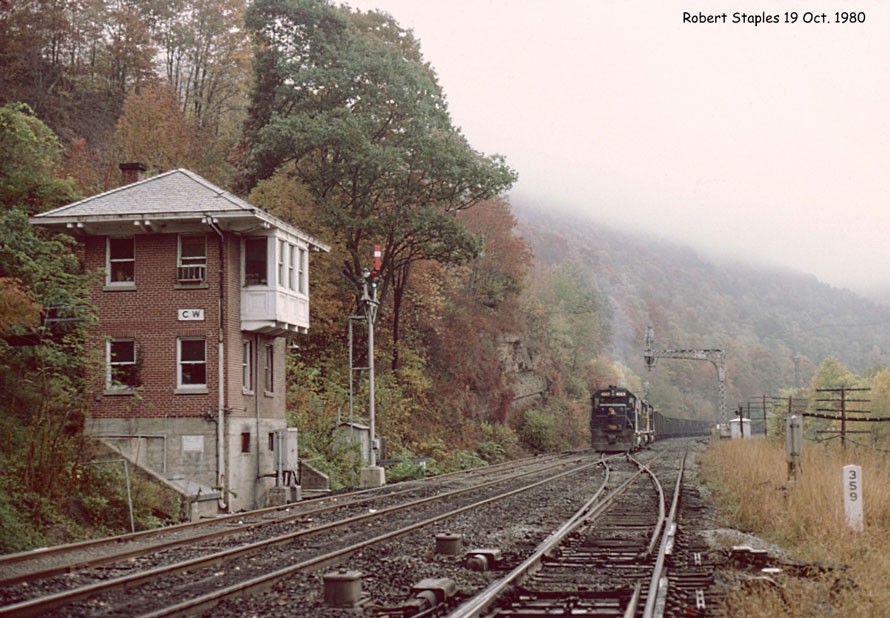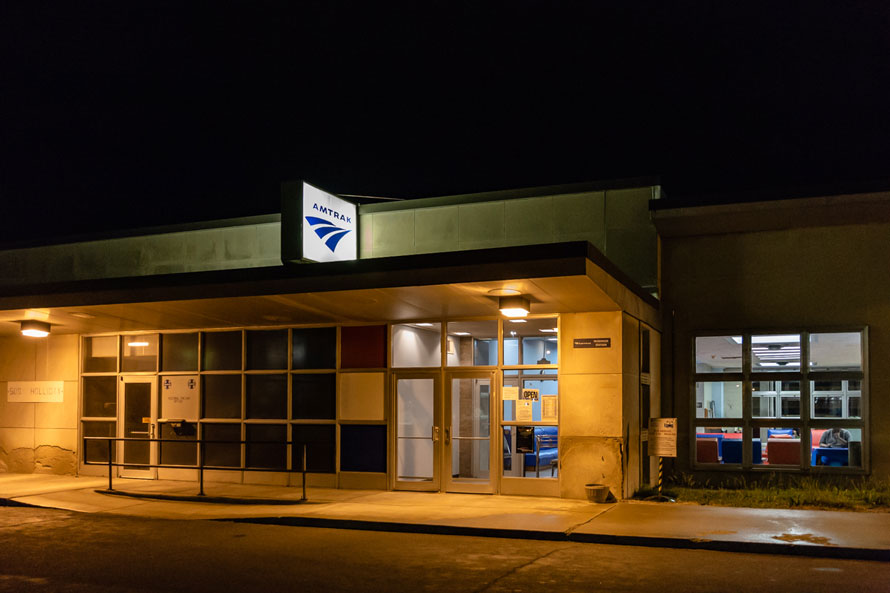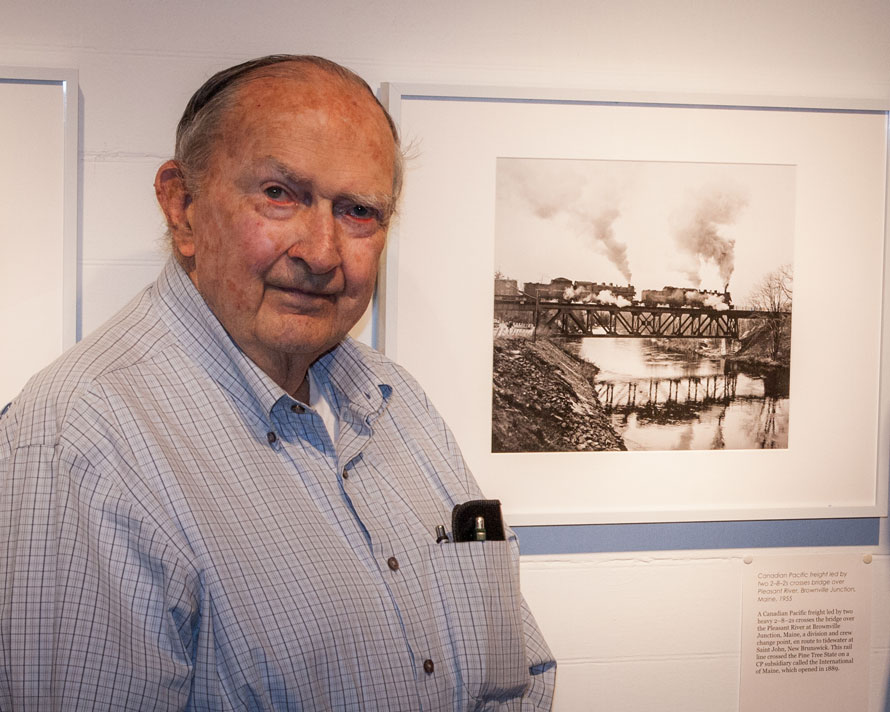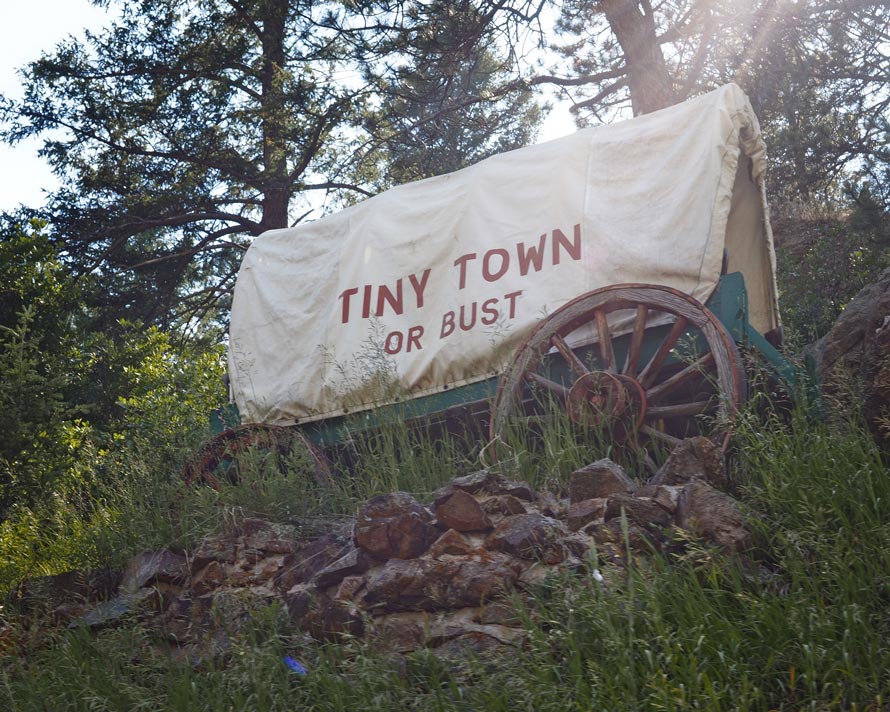
The Colorado mountains are full of small towns that have seen their share of boom times and busts. Many of these towns sprang up due to mining, logging, or other industries, and many have turned into ghost towns. On our trip to Colorado in the summer of 2017, we visited a unique Colorado mountain town that has seen booms and busts, but thankfully, is still thriving today. This town however, is very different than any other town. So, what’s the big deal with this town? The big deal is that it is actually a very Tiny Town!
